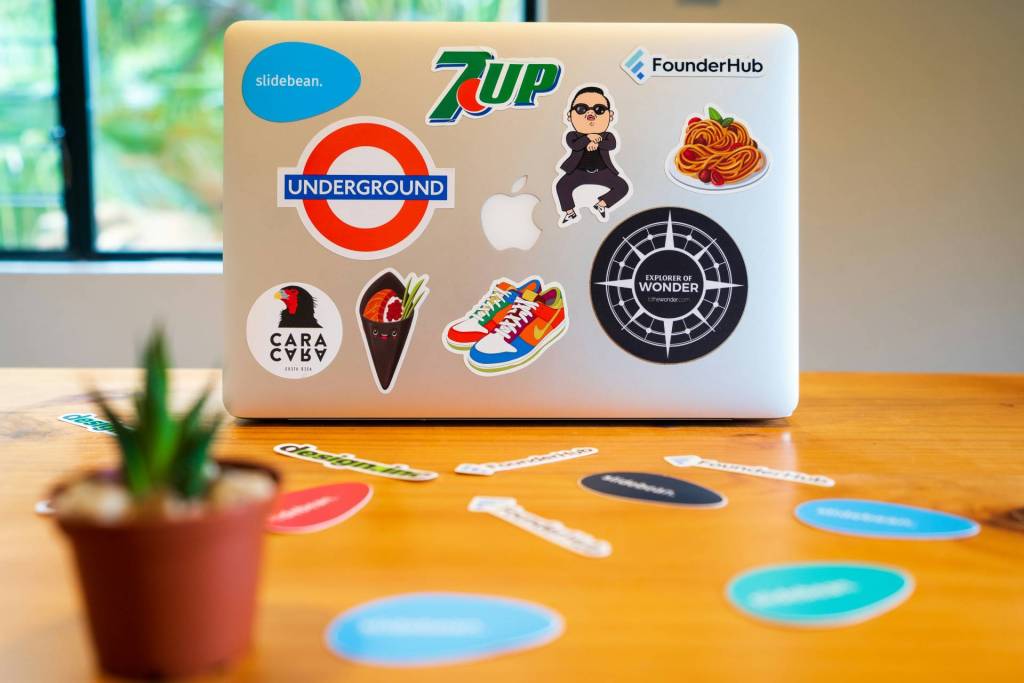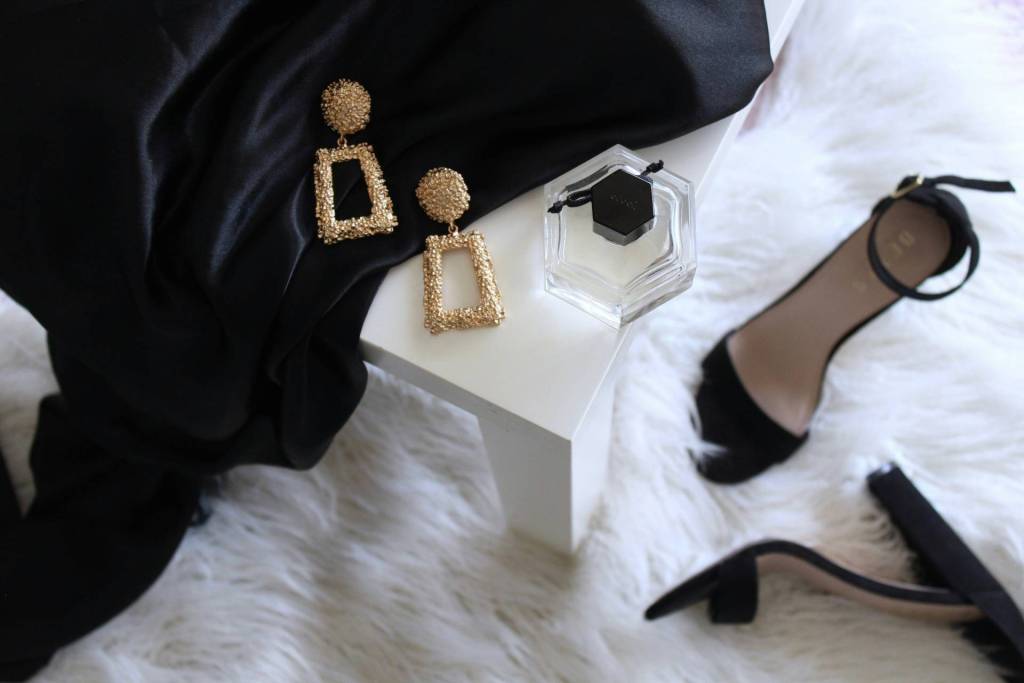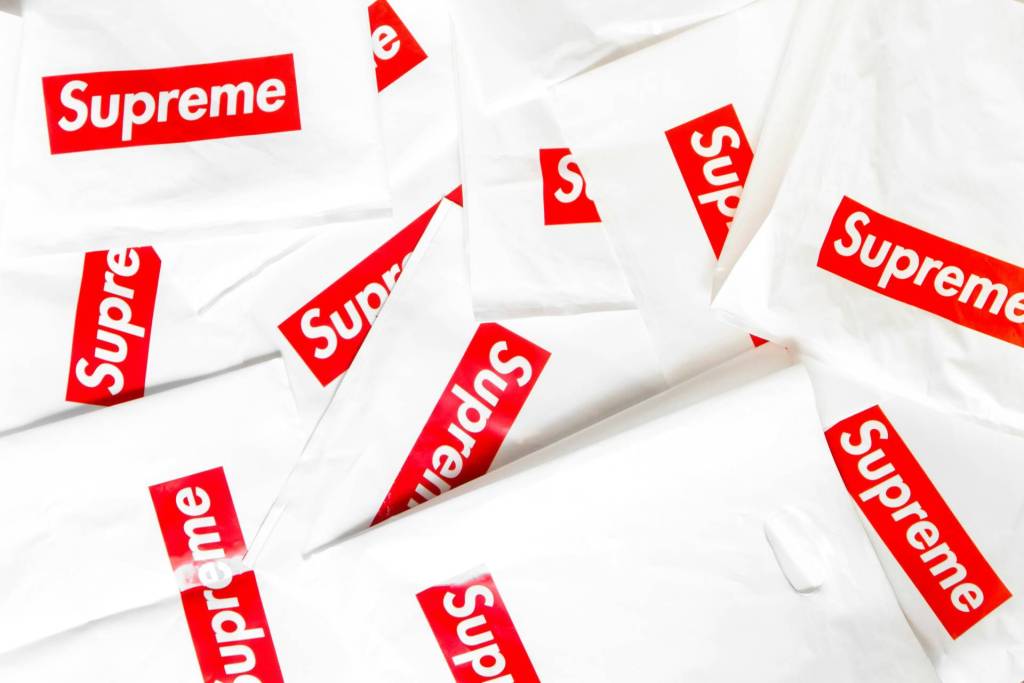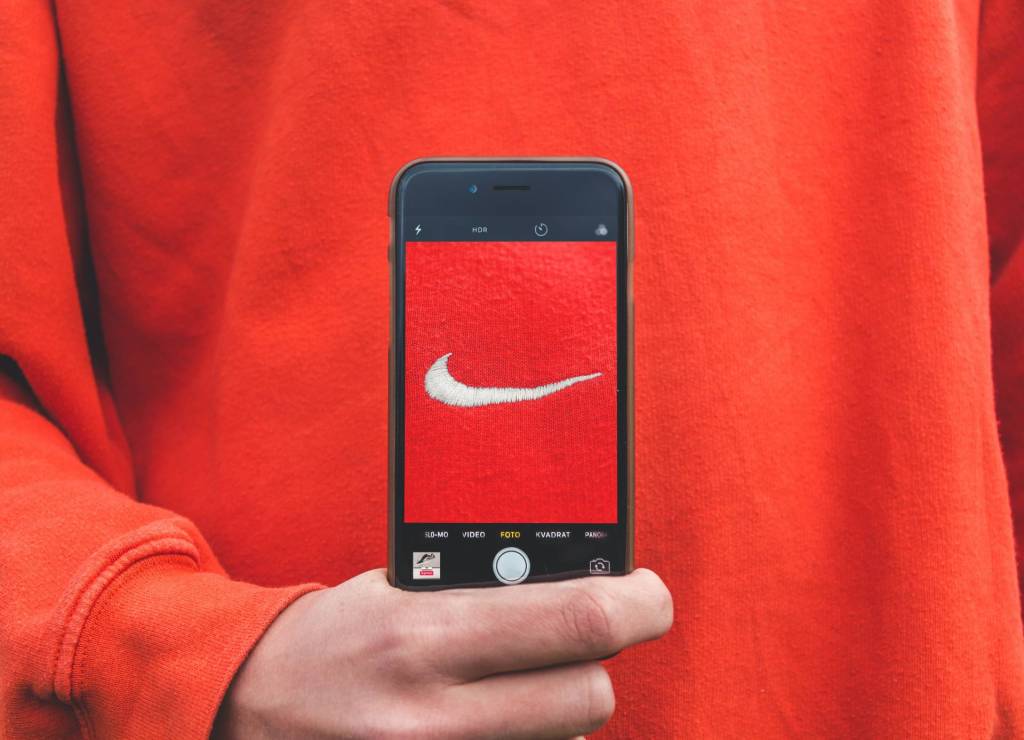When Katie Konrath, our Sunday Personal Branding blogger, wrote about being connected to important people can build your brand, I smiled. Possibly without knowing, she had touched on what I believe as the single most powerful and effective way to become more successful. I actually wanted to write a post about this a long time ago because I owe a lot of my success to this very important concept, which I call “branding by association.”
Branding by association explained
Here is how I define it:
Branding by association – Creating a linkage between two brands of unequal brand equity, to build upon the brand of lesser equity through association.
For instance, if you’re an up and coming NBA player and you get sponsored by Nike, your brand gets a boost because the brand of higher equity (Nike) is associated with your own, therefore you’re taken more seriously. Another example is an unknown author, whose book ends up in Oprah’s bookshelf, and is endorsed by Brad Pitt, P Diddy and Tim Ferriss (I know it’s random). With these powerful associations and recommendations, your book will more than likely hit bestseller lists, and since you wrote the book, you will become very successful and more well-known. If you review the definition above again, you’ll notice that this association is usually better for the lesser brand. That is not to say that Nike doesn’t benefit from having Tiger Woods or Oprah for recommending a high quality book that people enjoy.
Until you’re a “brand name,” you must try as much as possible to  associate yourself with people who are more successful than you and corporations that are well-known. When you go to a lot of corporate websites for startup companies, you’ll notice that they really push their press mentions and quotes from experts who endorse them on the front page. You’ll see CNN, The New York Times and other big names that you trust, so therefore you may trust this startup company in the same regard. It is a credibility and prestige thing as well.
associate yourself with people who are more successful than you and corporations that are well-known. When you go to a lot of corporate websites for startup companies, you’ll notice that they really push their press mentions and quotes from experts who endorse them on the front page. You’ll see CNN, The New York Times and other big names that you trust, so therefore you may trust this startup company in the same regard. It is a credibility and prestige thing as well.
What you’ll notice is that if you go to a Fortune 500 corproate website, you will rarely see these other brand names on their front page. The reason is because you’ve already heard of the company, and possibly trust them, so they don’t need that association. What the association does is connect you to something you’re familiar with, so then you can better connect to the company. In this way, branding becomes the “middle-man” of the equation.
Are you saying that I should become a leech?
Good question 😉 . You won’t get endorsements or recommendations if you don’t 1) stand out 2) display value 3) ask for them. Not everyone executes on all three, so they don’t build a bridge to that brand association. A leech or parasite is no the way to look at this either. The key is to figure out how you can form a mutual relationship, so you benefit off of each other. Don’t be a one-way street or people will catch onto it and not do business with you.
Who you surround yourself with can make or break your career
I’ve been preaching about how you should surround yourself with people who have complementary skills and similar interest to you for a while now. It’s not about the quantity or quality of people that you interact with. Instead, you want to pay attention to the people that will actually support you, and those you can deliver value to. If you can’t help someone whose more successful than you, then move to the next person. Learning takes place, when you’re around people that are better than you because it will push you harder and you’ll benefit from their connections, as well.
If you’re an entrepreneur and you surround yourself with people who are content in the status quo, then you’re doing yourself an injustice. If you’re a CEO and you aren’t trying to network and form partnerships with other CEO’s, then something is wrong as well. If you remember back to high school, then you’ll certainly recollect that there were the “popular” and “unpopular” groups. People sat at different tables in the cafeteria to reflect what “group” they belong to. Was it the athletes, the losers, whatever, it makes no difference. The most beautiful girls in school always sat around the “popular table” and if you just received group membership, it was because you were best friends with a current member, and by association you were “cool.” This same situation still exists when you’re older. If you go to a cocktail party with a highly influential person, let’s say Bill Clinton, then you’ll be viewed at or around his social status level.
Good things start to happen when you’re associated with strong brands.
The corporate brand you work for is key
After working for many large enterprises and small firms, I’ve made the conclusion that I’d rather sacrifice the quality of work (at first), for the recognizable brand name at first. At the beginning of your career, you must seek to attach yourself to a big brand name as soon as possible (upon your college graduation if you can). After going on many interviews years ago, employers kept paying attention to the brand names on my resume, as opposed to actual work experience at the smaller firms. Since I wasn’t a recognizable brand name, they reviewed my resume to find other names they trusted, and they saw Reebok, Lycos, LoJack and TechTarget, which were familiar.
It is harder to get into a large company than a smaller one even though there are more spots available, usually. The reason is because the reputation and brand equity of the larger companies demands more competition. It works the same way with consultants or consulting companies, who try as hard as they can to land the “big clients.” They do this because they want prospects to mentally say “if XYZ company uses them, then they must be good.” The association is a powerful force and the more brand names that are associated the easier it is to get new business and/or opportunities.
Large companies have an easier time with global expansion, acquiring new customers, getting their calls answered by the press, etc. If you’re in sales, working at let’s say IBM, it will be a much easier phone call than if you’re calling from a small unknown firm. The prospect already knows IBM, probably understands the product you’re trying to sell them and more. If you meet someone at a networking event or start talking to a girl or guy at a club and they ask you “so what do you do,” which is the most common question in these scenarios, and you mention a well-known company you work for, they will have more respect for you and it might peak their interest, relative to an unknown company.
Again, work for a brand name company as soon as you possibly can, as early in your career as possible (unless you’re an entrepreneur). When you’re young, you’ll need to rely on that brand name to save you from some ageism obstacles. Even if you only spend a few years there, you’ll be able to get your next job much easier!
How to associate yourself with other brands
1. Create or join a media property. The easiest way to connect with other successful brands is to establish or join a media entity, such as your own blog, someone else’s blog or a traditional media website. Journalists don’t make much money, but they do have some of the most lucrative networks, which can bolster their own brands. You can do the same, by developing your own following through one or more sites. The media property allows you to promote other people, thus building their brands and ego’s.
2. Establish your own personal brand. When someone opens your email, would they recognize your brand name? If they haven’t heard of you, then they might not even read it because successful people receive hundreds of emails a day. By becoming known through your media property, the probability (especially if you target the right people) that they become familiar with who you are greatly increases.
3. Write down the names of brands whose association you would benefit from. Again, a targeted approach is important, but you’ll also want to list really big names, as a stretch goal. It will be easier to connect with people in your industry than random celebrities because you’ll have something in common (common ground).
4. Reach out proactively, giving value first. Many people don’t know how to network because of selfishness and by not understanding behavioral psychology. It’s all about “what’s in it for them,” not “me.” Most people will be taken by surprise, in a good way, if you do something for them first, before asking for anything in return. This might include doing some free consulting work for someone else or interviewing them for your blog.
5. Ask for an endorsement. You won’t get anything, for the most part, unless you ask for it. By being aggressive and asking for help, in the form of an endorsement, you’ll actually see results. An endorsement could be for your work, your blog, your event, or just about your expertise.
6. Use the endorsement to build your brand. People need to be able to locate the endorsement for it to matter. I recommend that your most prominent endorsements go on your main page and that the other ones are more targeted. For instance, if you threw an event and people commented about it, it should go in that section of your site. If you received an endorsement for your work at a company, then it should be positioned as a recommendation on LinkedIn. With permission, you should seek to use the logo or face of a corporate or personal brand because trademarks are powerful and they help bridge the association faster.
7. Leverage the last endorsement to get the next one. Building a profile throughout your career is key. To do this, start small and work your way up. It’s like getting an article published at a small media outlet and using that to get your next opportunity and so one. Once you hit the pinnacle of media sites, then life becomes even easier! It’s easier to get new endorsements when you have a track record, which is the reason why your first endorsement or job or client is the hardest to obtain.
8. Repeat this process, as you grow your own brand. What I’ve discussed here is continuous, if you want to grow your brand. Many of you won’t receive high regards from Donald Trump right now, but if you work hard enough over a long period of time and follow this principle of “brand by association,” you just may, and that would certainly change your life.












